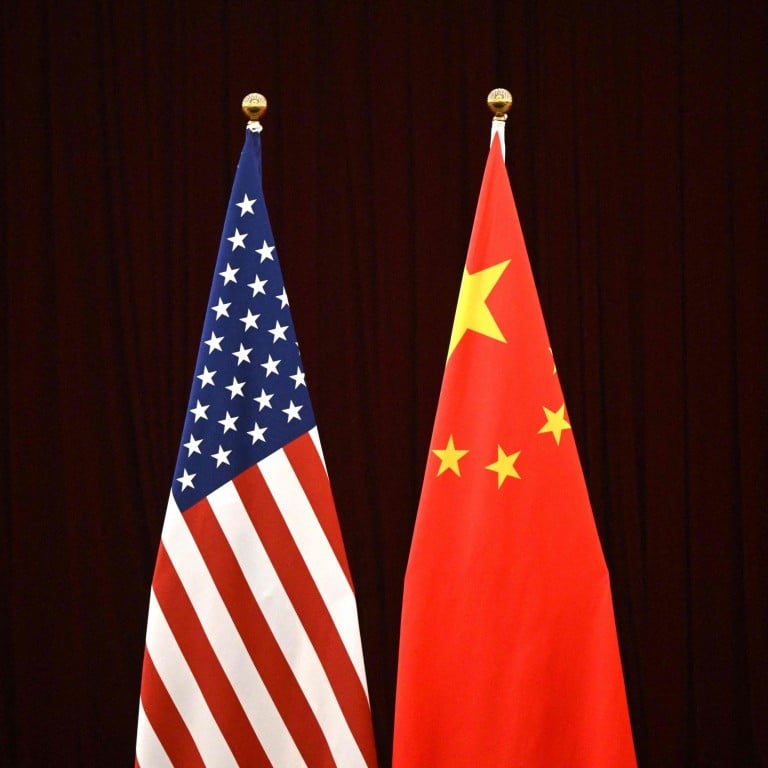
Tech war: US is reviewing risks of China’s use of open-source RISC-V chip technology
- RISC-V, which can be used to build smartphone chips and advanced processors, is being used by major Chinese tech firms
- The Commerce Department says it will tread carefully to avoid harming US companies that are part of international groups working on RISC-V
RISC-V, pronounced “risk five,” competes with proprietary technology from British semiconductor and software design company Arm Holdings. It can be used as a key part of anything from a smartphone chip to advanced processors for artificial intelligence.
In November, 18 US lawmakers from both houses of Congress pressed the Biden administration for its plans to prevent China “from achieving dominance in … RISC-V technology and leveraging that dominance at the expense of US national and economic security”.
In a letter last week to the lawmakers that was seen by Reuters on Tuesday, the Commerce Department said it is “working to review potential risks and assess whether there are appropriate actions under Commerce authorities that could effectively address any potential concerns”.
But the Commerce Department also noted that it would need to tread carefully to avoid harming US companies that are part of international groups working on RISC-V technology.

